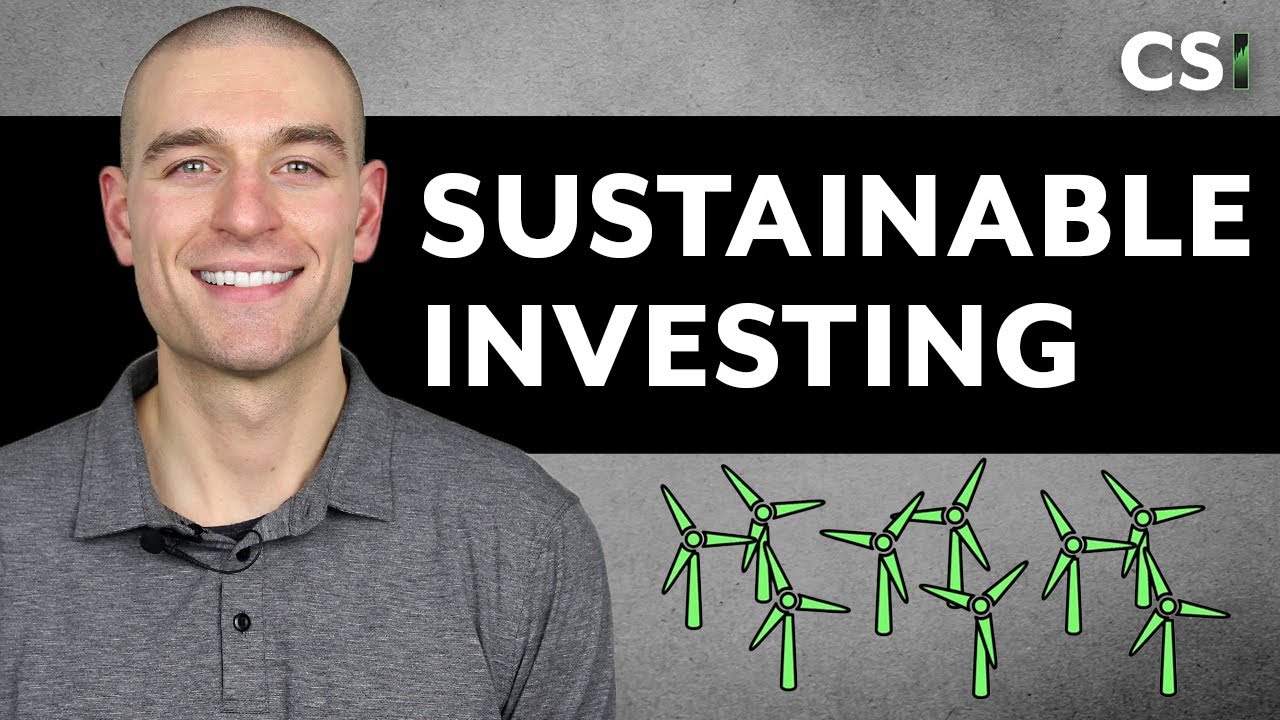Hi everyone,
First time poster seeking help for creating my first portfolio. I am 38 years old, have a secure job with medium income. I do have some spare money on my bank account, and I would like to invest part of it now. I would probably start with a small sum now (maybe 5000 CHF), and then seek to invest maybe 200 or 300 CHF every month. If things go well I might add more funds at a later point.
Why do I want to invest: I have a bit of money in my bank account, doing nothing. I want to use part of that money to support good causes. Now, I am not really interested in markets, bonds, investing per se. I don’t want to spend too much time with it. Why do I still want to invest then? Well, if I leave all my money in my bank account. In the background, the bank will use the money for investing. And it will invest in markets and companies that I don’t want to support. If I invest myself, I can decide where to put my money.
Goals, plan: I want to invest long term. Two important considerations for me are 1) low risk, 2) invest in ecology, and ESG. Performance optimization comes after these two for me.
As I don’t want to spend too much time with it. IB looks too complex for me for now. To reduce complexity (and fees!), I decided to use Investart as my platform. If there are good reasons for it I might change to DeGiro. But DeGiro has fees, while Investart has not.
Now I used Investart to create a Portfolio and would love to get some feedback on it. It’s just a dummy, I haven’t invested anything yet. All can be changed if needed.
As said, goals are low risk and supporting environment/ESG. Here is what I have:
5% Foreign Currency
26% CHCORP SW Equity (CH Unternehmensanleihen)
25% DNRG SW Equity (Saubere Energie)
44% AWESGS SW Equity (Globale ESG)
For this, Investart states a relatively low risk (3 on a scale from 1 - 9).
Does this strategy make sense? Points that I need to take into account? Does the Portfolio need adjustments? Is it diversified enough?
Any help and pointers are greatly appreciated.

